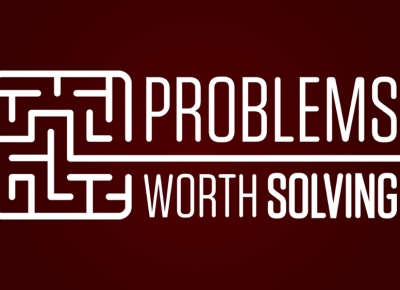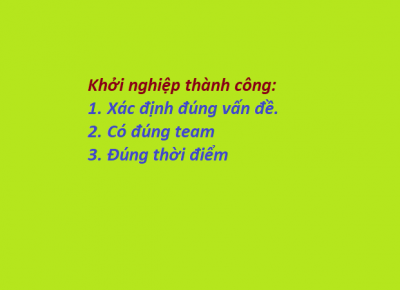Focus on your circle of competence to achieve success
The concept applies outside of investing.
Buffett describes the circle of competence of one of his business managers, a Russian immigrant with poor English who built the largest furniture store in Nebraska, thusly:
I couldn’t have given her $200 million worth of Berkshire Hathaway stock when I bought the business because she doesn’t understand stock. She understands cash. She understands furniture. She understands real estate. She doesn’t understand stocks, so she doesn’t have anything to do with them. If you deal with Mrs. B in what I would call her circle of competence… She is going to buy 5,000 end tables this afternoon (if the price is right). She is going to buy 20 different carpets in odd lots, and everything else like that [snaps fingers] because she understands carpet. She wouldn’t buy 100 shares of General Motors if it was at 50 cents a share.
It did not hurt Mrs. B to have such a narrow area of competence. In fact, one could argue the opposite: Her rigid devotion to that area allowed her to focus. Only with that focus could she have overcome her handicaps to achieve such extreme success.
In fact, Charlie Munger takes this concept outside of business altogether and into the realm of life in general. The essential question he sought to answer: Where should we devote our limited time in life, in order to achieve the most success? Charlie’s simple prescription:
If you want to be the best tennis player in the world, you may start out trying and soon find out that it’s hopeless—that other people blow right by you. However, if you want to become the best plumbing contractor in Bemidji, that is probably doable by two-thirds of you. It takes a will. It takes the intelligence. But after a while, you’d gradually know all about the plumbing business in Bemidji and master the art. That is an attainable objective, given enough discipline. And people who could never win a chess tournament or stand in center court in a respectable tennis tournament can rise quite high in life by slowly developing a circle of competence—which results partly from what they were born with and partly from what they slowly develop through work.
So, the simple takeaway here is clear. If you want to improve your odds of success in life and business then define the perimeter of your circle of competence, and operate inside. Over time, work to expand that circle but never fool yourself about where it stands today, and never be afraid to say “I don’t know.”
Original article on www.businessinsider.com









